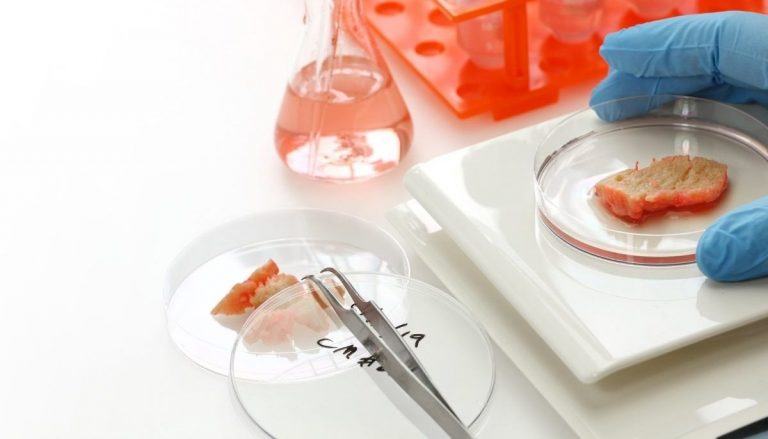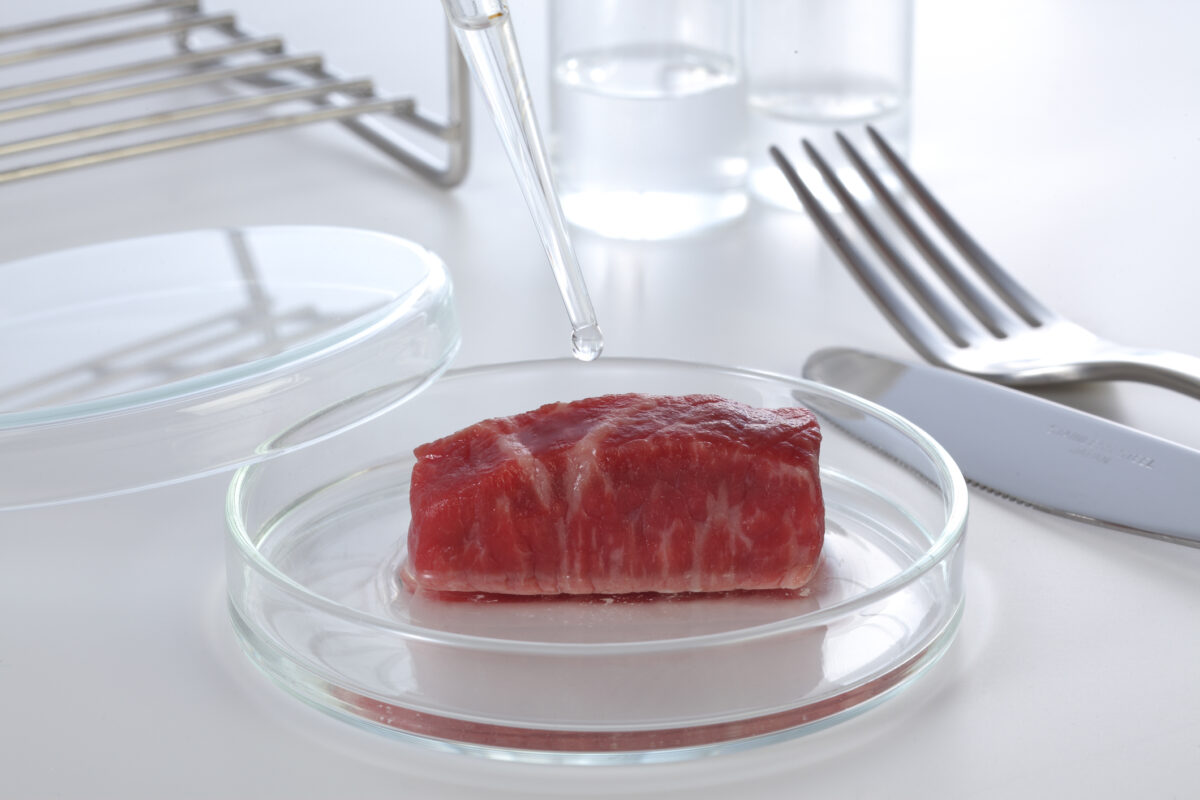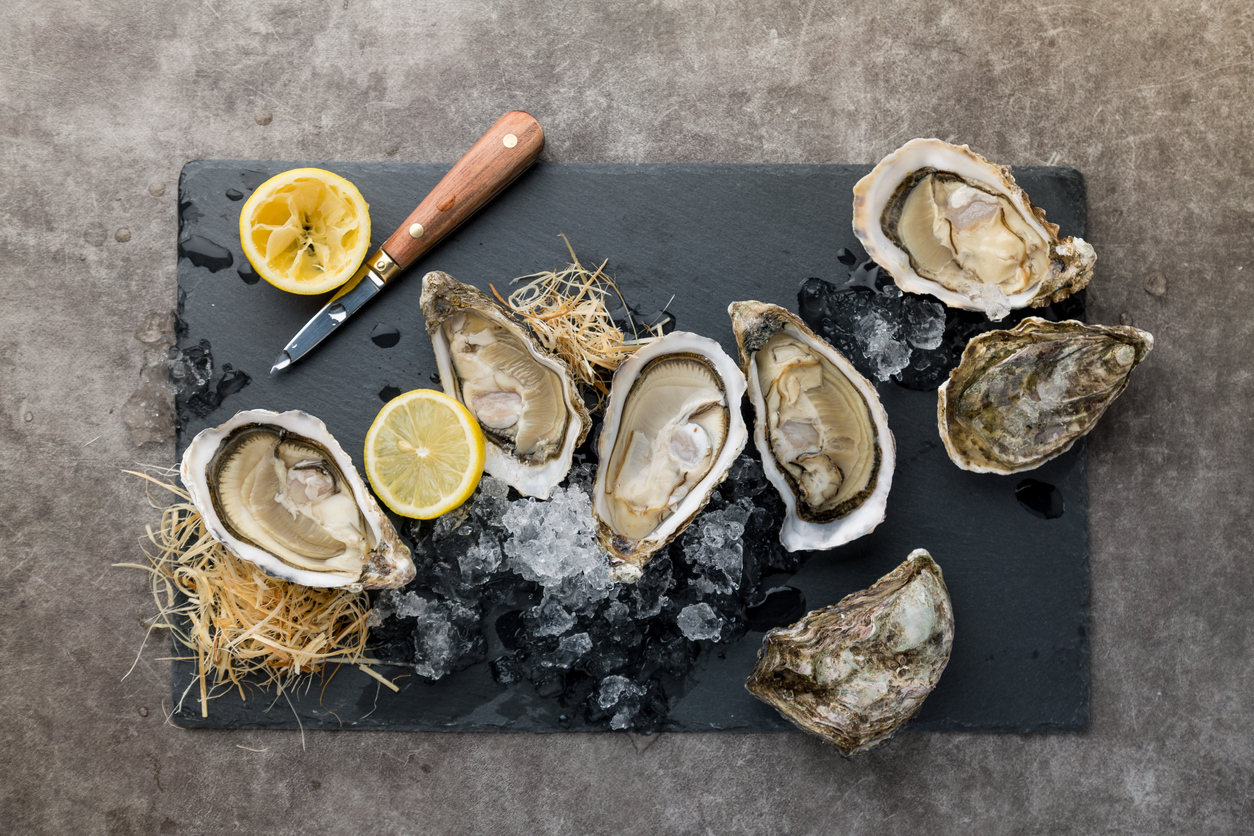Norway invests in cellular agriculture to secure the ‘food of the future’

The Research Council of Norway has announced a new funding programme to support the development of the country’s cellular agriculture technology.
The Arrival of Cellular Agriculture-Enabling Biotechnology for Future Food Production programme, which will be known as ARRIVAL for short, will have an annual budget of €2 million and will run for five years from 2023.
ARRIVAL will be led by the Norwegian Institute of Food, Fisheries and Aquaculture Research (Nofima). Research organisation SINTEF Industry, Oslo Metropolitan University, the Norwegian Institute for Rural Research and the Norwegian Board of Technology will also be involved, among others.
The aim of the ARRIVAL programme is to secure what the Research Council of Norway calls the “food of the future”. To do this, the programme will focus on both lab-cultivated meat and precision fermentation.
“We will use both methods to produce milk, eggs, and meat proteins,” said Sissel Beate Rønning, Senior Scientist at Nofima and ARRIVAL project lead in a statement. Rønning has extensive experience in the field of lab-grown meat, having led Nofima’s GrowPro project in 2018 – this, the organisation says, was the first “openly accessible” research project of its kind.
The work done by the collective organisations in Norway will look to tackle some of the biggest problems currently faced by the cellular agriculture industry.
One such problem is the cost of raw materials for fermentation. To compete with traditional animal proteins, the ingredients used in the process need to be affordable when working at scale. Scientists working on ARRIVAL will look to test residual biomass such as bean starch, oat starch and egg white as input factors to find new protein sources.
Another issue Rønning said the project will examine is scaffolding for lab-grown meat. “We will continue our research on how to scale up cell-based meat production and find out more about which materials are suitable to use as a framework for the muscle cells,” she said.
“We have already conducted some ‘framework trials’ and have achieved promising results using eggshell membranes.”
Beyond practical challenges, the programme will also utilise its funding to explore the ethical challenges raised by cellular agriculture.
In a statement on the topic, Nofima acknowledged consumers are often inherently sceptical about cellular agriculture, and that these technologies have the power to significantly change the landscape of “food culture”.
Rønning suggested these issues and others like them would be a focus for the project just as much as the technology itself. “Cell-based agriculture is a revolution in food production that can change agricultural production and ownership, land use, policy design, eating habits, and ethical issues.
“In the ARRIVAL project, we will take the research on cell-based agriculture several steps further. We want to implement new protein sources into existing food products and prepare society, consumers, and the food industry for the possible consequences of this radical shift in the way food is made.”
Norway is not the first country to hone its focus on alternative protein sources in the face of the climate crisis. Fellow Scandinavian country Denmark has pledged 1.25 billion kroner toward the research and development of plant-based protein projects.
Meanwhile the Dutch government has earmarked €60M for cellular agriculture projects.








